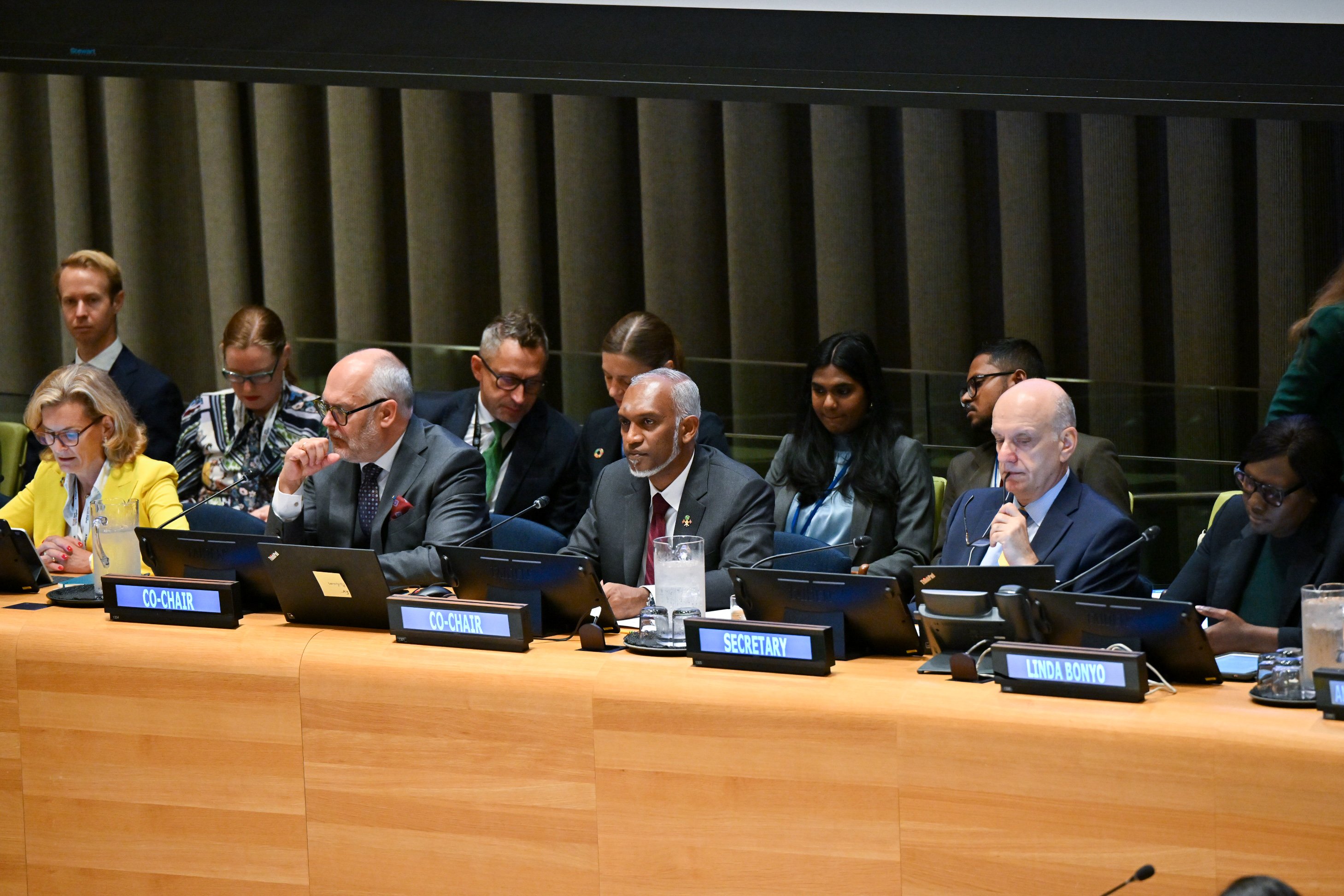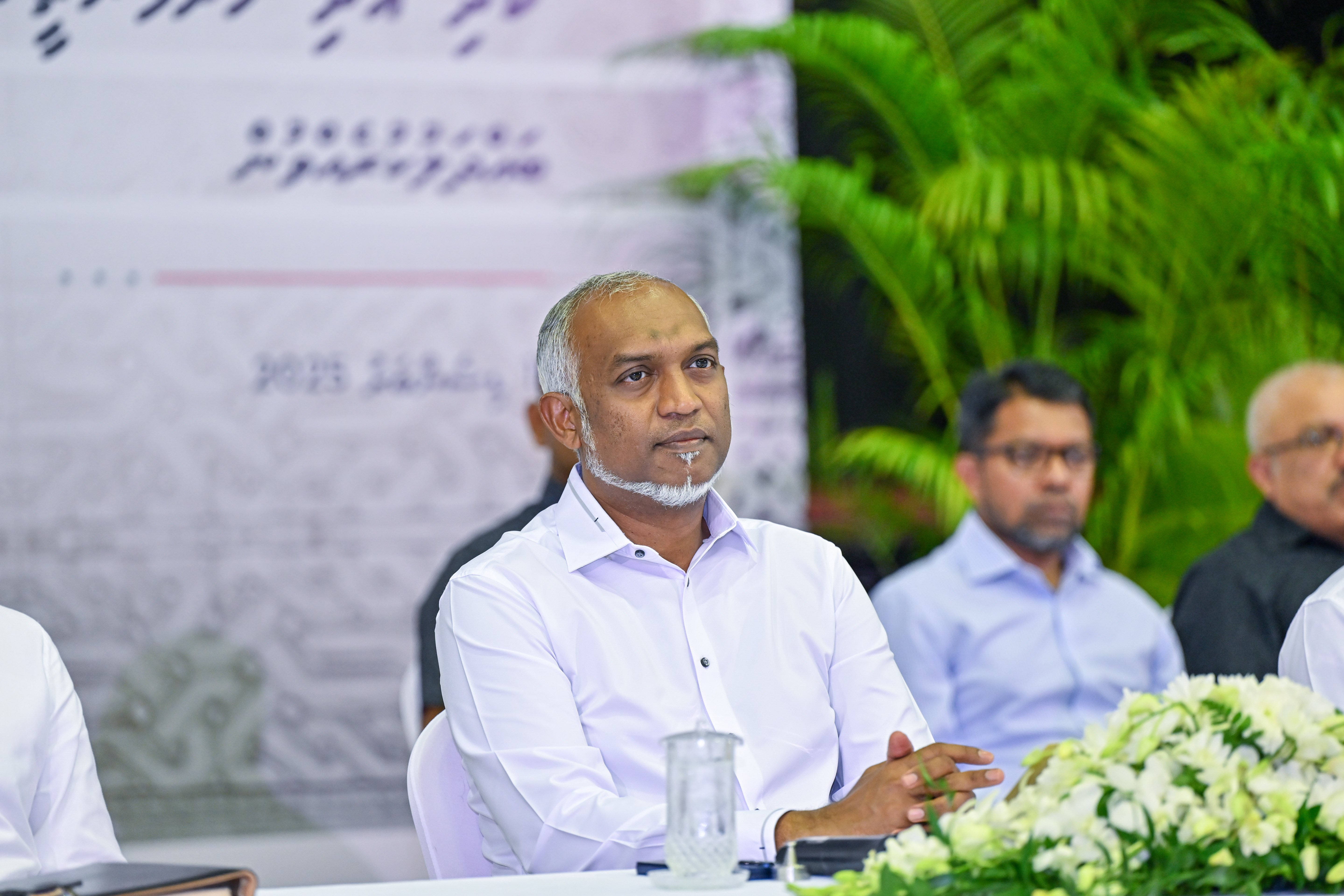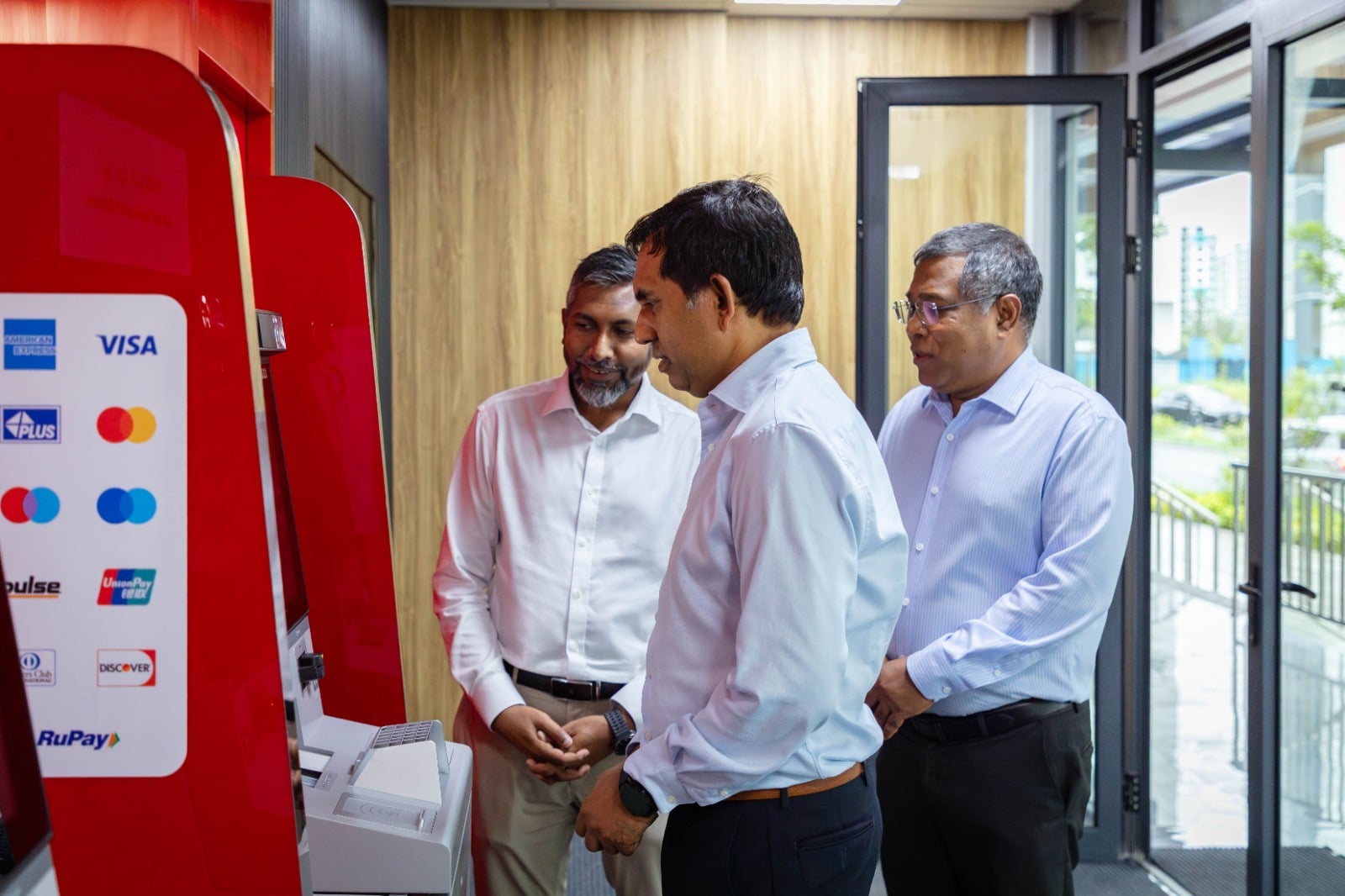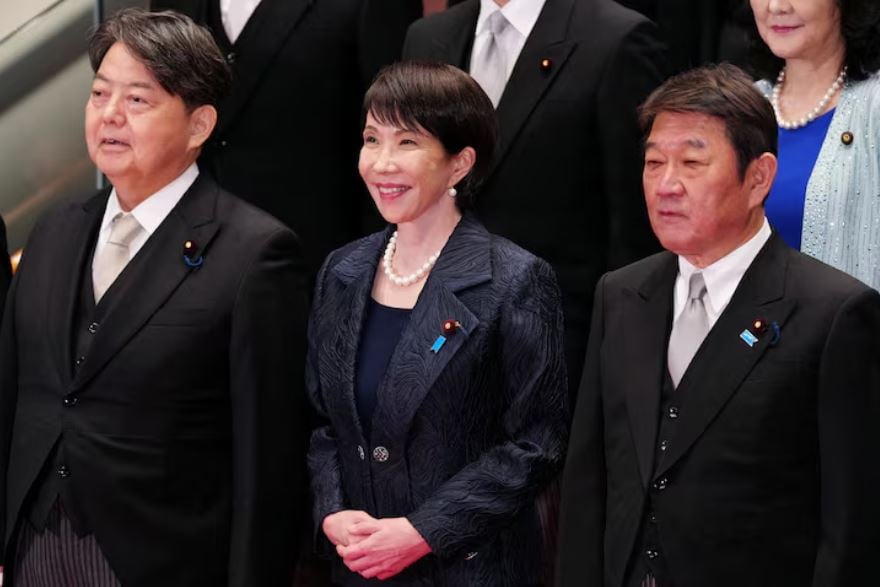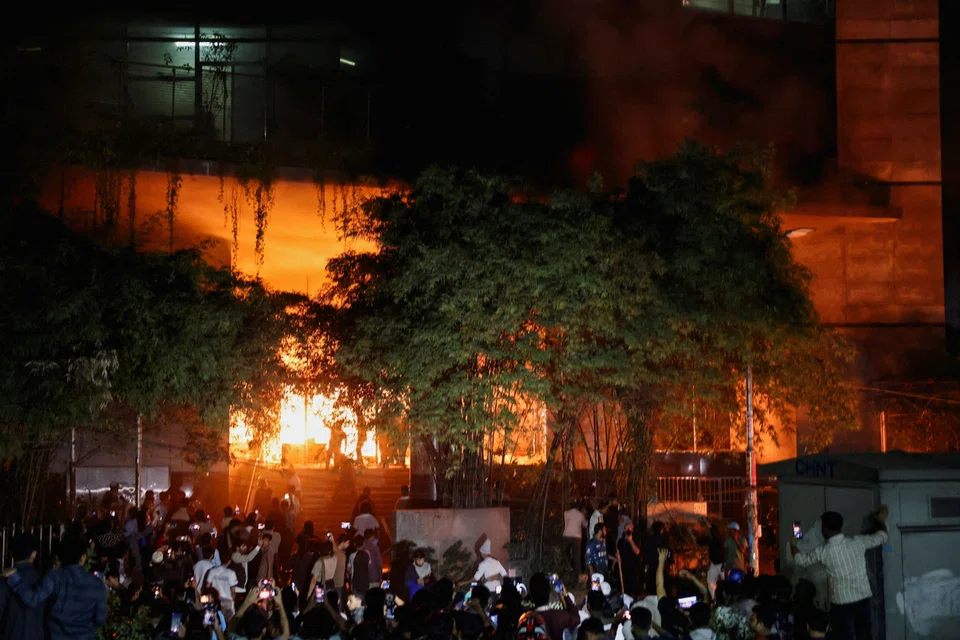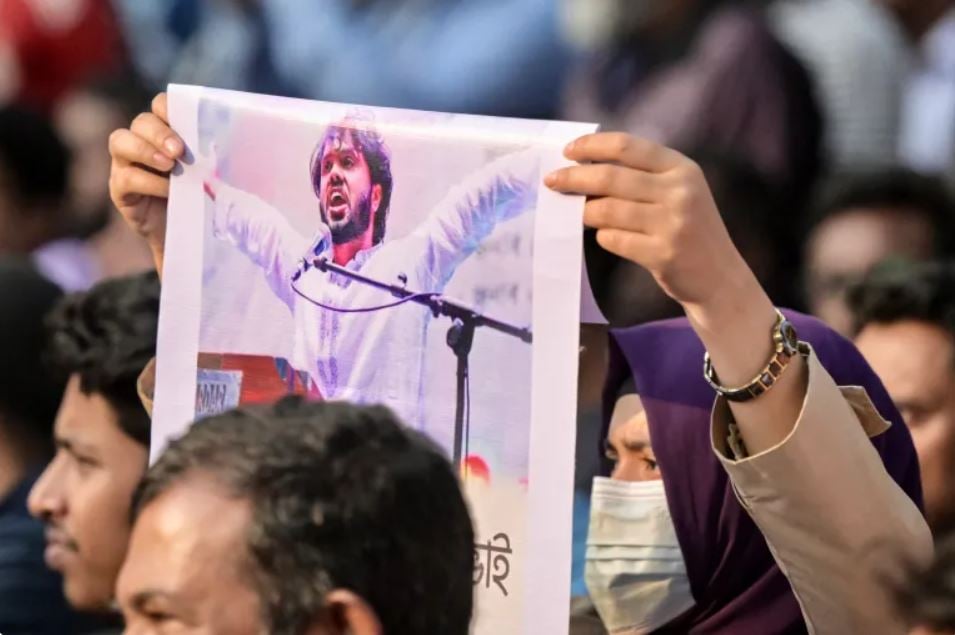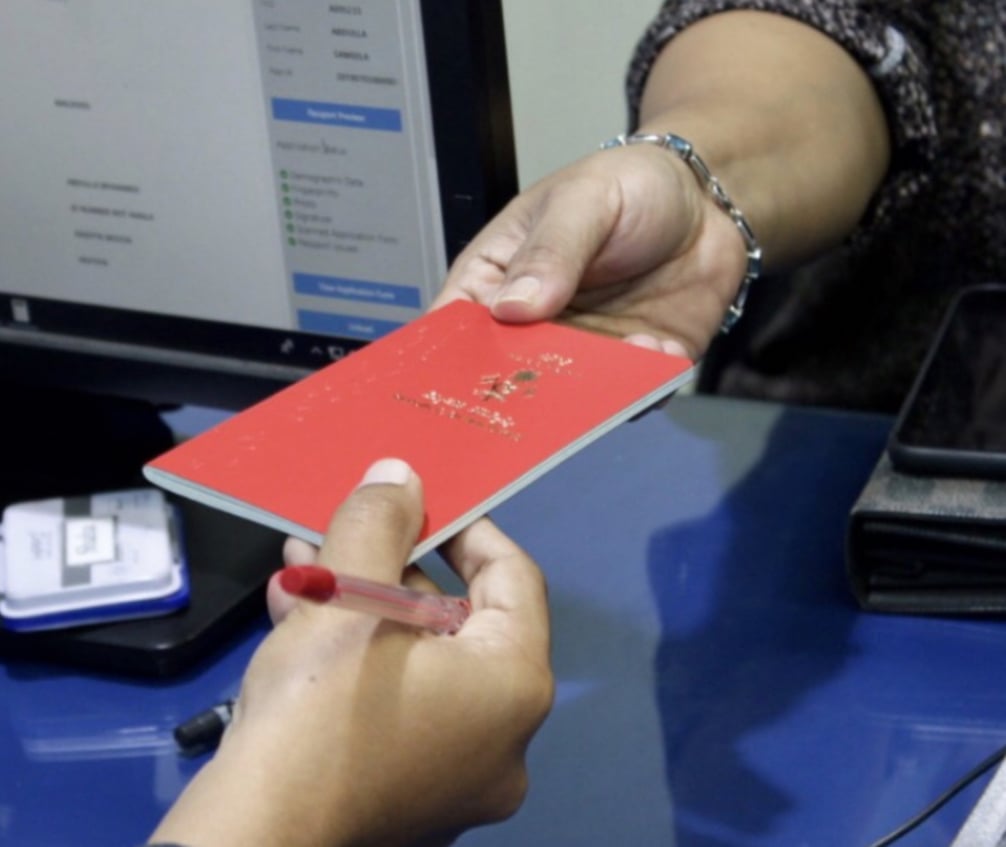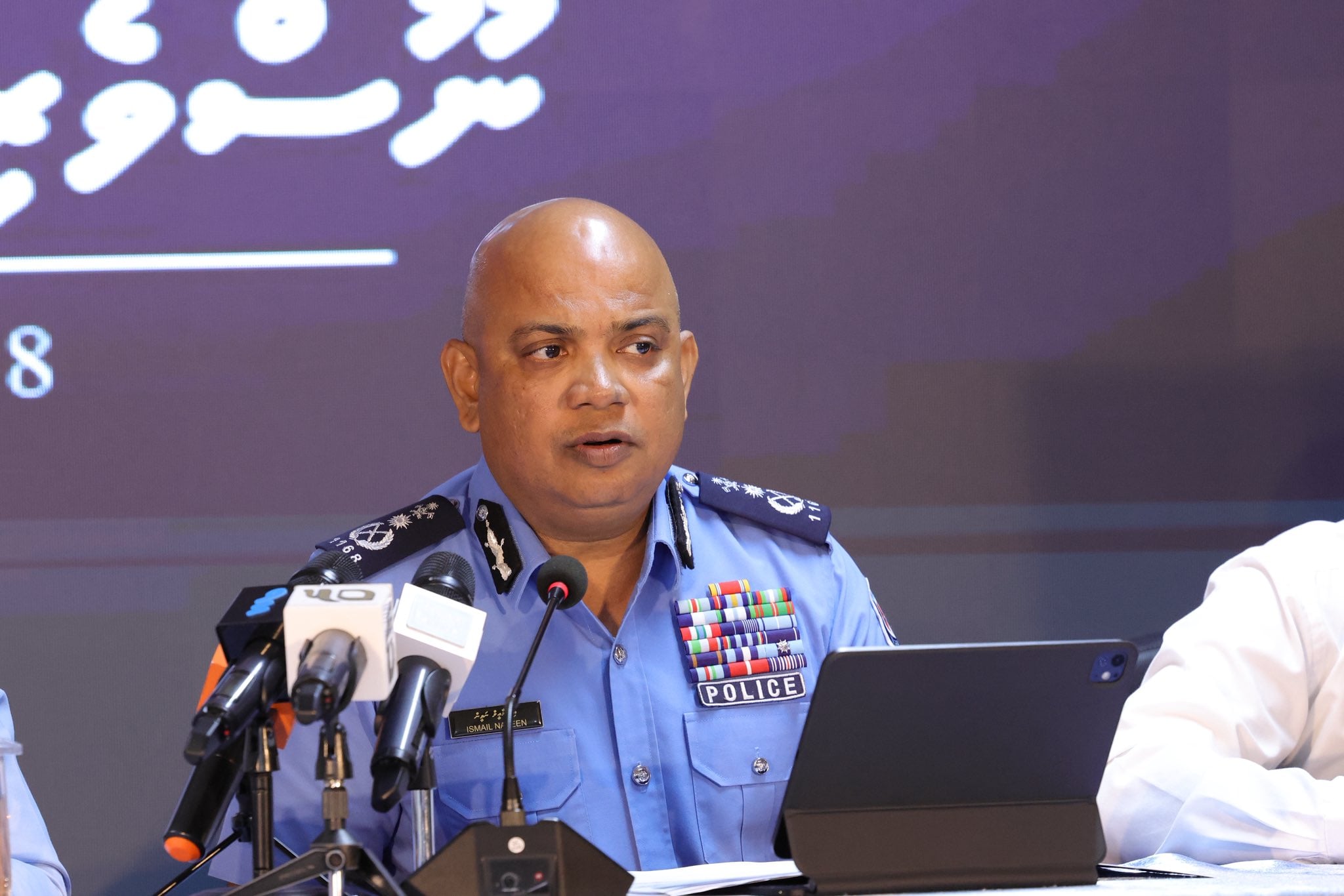President Dr. Mohamed Muizzu, co-chairing the interactive dialogue on "Towards a Common Digital Future" at the UN Summit of the Future, called for urgent global efforts to close the digital divide.
In his opening remarks, President Muizzu emphasized the urgency of addressing the global digital divide, highlighting that over one-third of the global population, particularly in developing countries, still lacks access to the internet. He noted that this gap extends beyond internet access, creating significant barriers to development, opportunity, and justice, particularly for Small Island Developing States (SIDS), Least Developed Countries (LDCs), and Landlocked Developing Countries (LLDCs).
President Muizzu proposed three key strategies to bridge the digital divide and foster a more inclusive digital future:
1. Empowering Youth: He underscored the importance of investing in digital skills and providing opportunities for young people to participate in the digital economy. In the Maldives, the government is committed to supporting youth through digital skilling initiatives and facilitating access to global marketplaces for micro, small, and medium-sized enterprises (MSMEs) and freelance workers.
2. Building Digital Infrastructure: To achieve the Sustainable Development Goals (SDGs), President Muizzu highlighted the need for robust digital infrastructure. This includes expanding high-speed internet coverage, enhancing access to essential digital services, and integrating artificial intelligence (AI) to boost productive capacity. He noted that the Maldives' National Centre for Information Technology is actively engaged in such efforts and called for increased investment and technology transfer in this area.
3. Ensuring Cybersecurity: As the world becomes more digitalized, the President stressed the need to safeguard consumer rights and address challenges such as unauthorized access, account hijacking, and data privacy issues. He shared that the Maldives has established a National Cybersecurity Agency to address these concerns, but called for greater international cooperation and investment to build resilient cybersecurity infrastructure.
President Muizzu concluded his remarks by reaffirming the Maldives' commitment to building a digital world that is inclusive, resilient, and just, urging global leaders to work together in harnessing the potential of the digital revolution for the benefit of all.
The interactive dialogue was part of the two-day Summit of the Future, aimed at building consensus on addressing global challenges and ensuring a sustainable and equitable future.
In his opening remarks, President Muizzu emphasized the urgency of addressing the global digital divide, highlighting that over one-third of the global population, particularly in developing countries, still lacks access to the internet. He noted that this gap extends beyond internet access, creating significant barriers to development, opportunity, and justice, particularly for Small Island Developing States (SIDS), Least Developed Countries (LDCs), and Landlocked Developing Countries (LLDCs).
President Muizzu proposed three key strategies to bridge the digital divide and foster a more inclusive digital future:
1. Empowering Youth: He underscored the importance of investing in digital skills and providing opportunities for young people to participate in the digital economy. In the Maldives, the government is committed to supporting youth through digital skilling initiatives and facilitating access to global marketplaces for micro, small, and medium-sized enterprises (MSMEs) and freelance workers.
2. Building Digital Infrastructure: To achieve the Sustainable Development Goals (SDGs), President Muizzu highlighted the need for robust digital infrastructure. This includes expanding high-speed internet coverage, enhancing access to essential digital services, and integrating artificial intelligence (AI) to boost productive capacity. He noted that the Maldives' National Centre for Information Technology is actively engaged in such efforts and called for increased investment and technology transfer in this area.
3. Ensuring Cybersecurity: As the world becomes more digitalized, the President stressed the need to safeguard consumer rights and address challenges such as unauthorized access, account hijacking, and data privacy issues. He shared that the Maldives has established a National Cybersecurity Agency to address these concerns, but called for greater international cooperation and investment to build resilient cybersecurity infrastructure.
President Muizzu concluded his remarks by reaffirming the Maldives' commitment to building a digital world that is inclusive, resilient, and just, urging global leaders to work together in harnessing the potential of the digital revolution for the benefit of all.
The interactive dialogue was part of the two-day Summit of the Future, aimed at building consensus on addressing global challenges and ensuring a sustainable and equitable future.





